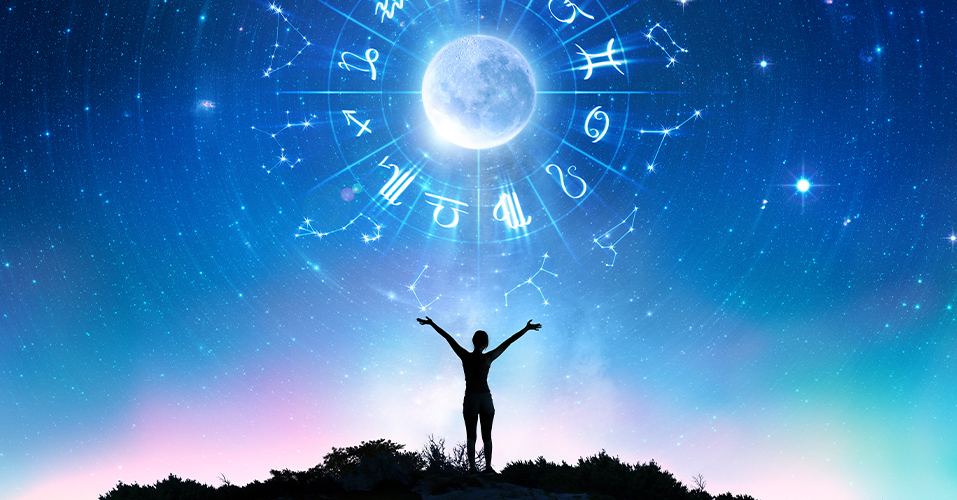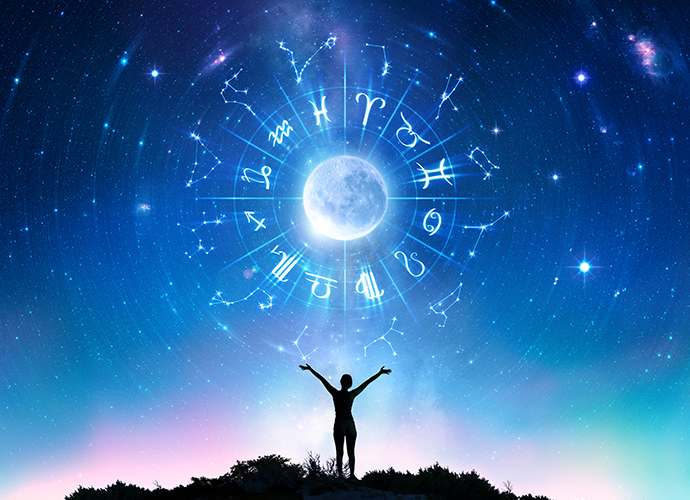Whether you are a fiery Aries or an ambitious Capricorn, just about everyone on earth knows their "sign." Even if you know all twelve signs of the zodiac backwards and forwards, there is still a good chance you may not understand exactly what astrology is all about. Who even came up with all of this? How does it work?
The following Astrology FAQ answers that, and can help you gain a better understanding of this mysterious divination tool!

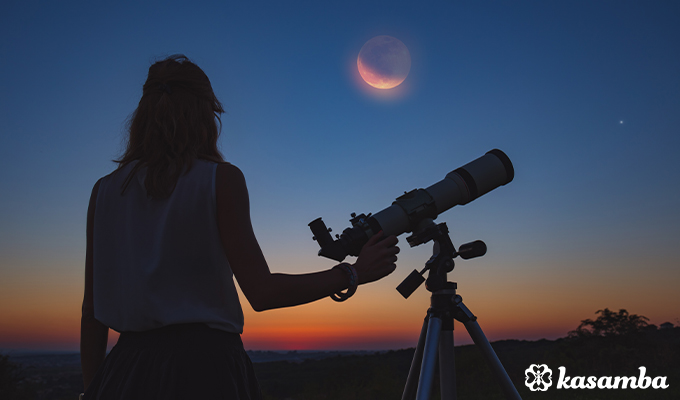
What exactly is "Astrology"?
Astrology is technically defined as "studying how the movement and position of celestial bodies (i.e., stars, planets) can influence humans and the world around them". In a nutshell--astrology is all about the understanding of your deeper self, and can be used as a divination method to make predictions about your life and the world at large.
The roots of astrology are traced all the way back to the
ancient Babylonians in BC times. At this point, astrology and astronomy (study of space and the universe) were the still the same thing. Only a few planets were known back then, but they were believed to hold distinct powers. For example, Mars was connected to aggression and war. The Babylonians would make omen-based predictions based on the positioning of the stars. Typically, their focus was on predicting the weather, crop production, and political matters. Babylonian astrology's prevalence increased, and it was shared with other civilizations, such as the Egyptians, Greeks, and Romans.
Over time, astrology became more and more complex as additional planets and celestial phenomenon were discovered. In addition, advanced mathematics were developed to be able to predict the future positions of constellations and individual planets. This allowed for predictions to be made about events deep into the future. In today's world, we can see that astrology has stood the test of time. It was not a fad that went extinct centuries ago, but instead is still an intriguing way to better understand yourself through the universe.
Depending on when and where a person was born, a variety of predictions can be made about who this individual is and what they will experience in their lifetime.
How does Astrology work?
While there are entire books devoted to this subject, it can be summarized that it works through the analysis of data on the planet's positions. To elaborate, this analysis allows the astrologer to create a horoscope, where he can make inferences and predictions for the future. The horoscope is the decoding of an
astrological chart that shows a diagram of where the sun, moon, planets, and other astrological aspects were precisely located in the sky at the time of an important life event. Most commonly, we study an individual's astrological birth chart, which represents how the universe was positioned at the time of birth. Knowing the exact time and location of one's birth is not required, but is desirable in order to produce the most accurate birth chart possible.


In order to fully understand one's horoscope, it is important to have a basic knowledge of the zodiac. The zodiac is a belt of the sky that surrounds the earth's orbit, and includes the positions of the sun, moon, and relevant planets. The zodiac is divided into twelve equal divisions that represent the twelve constellations, or signs, of the zodiac (Aries, Taurus, Gemini, Cancer, Leo, Virgo, Libra, Scorpio, Sagittarius, Capricorn, Aquarius, and Pisces).
When you are asked what your Sun Sign is, this literally means what constellation was the Sun located in at the time of your birth.
The horoscopes you see in the newspaper or online are usually based on your Sun Sign alone. A horoscope based only on your Sun Sign is not as accurate as one based on the location of the rest of the planets, too. An astrologer can study your entire birth chart and produce guidance based on it and where the future is headed (i.e., the future activity of the planets and their relative positions in the sky).
Astrology is one of those things that can may seem simple to comprehend on the surface, but actually gets more intricate the deeper you delve. For example, not only are there the 12 signs of the zodiac that the planets fall under, but there are the twelve houses to consider when decoding an astrological chart. If you think you have a good understanding of the zodiac, you may want to learn about the houses of astrology next!
Is there only one type of Astrology?
No, there is not just one universal astrological theory. Those who grow up in countries like the USA and Canada may be more familiar with Western astrology. The average horoscope column you find there is based on Western astrology principles. However, cultures around the world vary in how they approach the subject of astrology. There can be numerous subcultures within any given theory, as well. For example, one type of Eastern astrology is Chinese astrology. Chinese astrology divides their signs based on years (over 12 years total), while Western astrology divides their signs over the 12 months of the year.
One of the most popular versions of Eastern astrology is Verdic (Hindu) astrology, which comes from India. A main difference between the Western and Verdic methods is that the Western method is based on a movable zodiac system (Tropical), while the Verdic method is based on a fixed zodiac system (Sidereal). The Western zodiac always starts with Aries, but the Verdic zodiac system is more mathematically complex in determining something like this. Supporters of the Verdic method state that it allows for this system to have improved accuracy compared to other methods.
Is Astrology a true science that works?
From a worldwide perspective, it is not a simple yes or no answer. The true science of astronomy certainly is utilized in astrology, plus complex mathematics are used to create astrological charts. It may seem on the surface that astrology is quite scientific when you are looking at the positions of the planets and the trigonometry of calculations being used.
However, astrology in itself is not considered to be a "true" science by many academics in Western society these days. In general, academically-considered "true" sciences, such as chemistry, use the scientific method to support reliably proven laws and theories. Astrology is something that is not so simple to break down and prove using the scientific method alone. With the numerous types of astrology and various methods of interpretation, universal laws are just not feasibly able to be made.
In spite of this, astrology is something that some people and cultures will swear by when it comes to predicting and influencing major life events. There are some populations around the world, as well as universities in India, that teach Verdic Astrology as a true science. In some Eastern societies, astrologers are used to determine the best match for an arranged marriage. The marriage could only go through if the astrologer divines the couple to be a highly compatible match. So, your cultural influences may affect whether you are a scientific believer in astrology or not.
Regardless of whether or not you believe astrology to be a true science, there is much support out there for its usage. Anecdotal evidence can be found that supports the accuracy of astrology. A father of modern day astrology, Grant Lewi, was able to predict his time of death to the minute using astrology. A less extreme example would be that, upon reflection, you probably know at least one person who represents their Sun Sign to a T! Perhaps you know the most stubborn Taurus, or the most sneakiest Scorpio?
Finally, divination methods, like astrology, are typically not considered to be true sciences, yet are are very much used by mainstream society today. Tarot cards, numerology, and dream analysis are also popularly turned to for guidance, despite not traditionally being considered scientific. Ultimately, it really depends on your own definition of science and opinion of astrology.
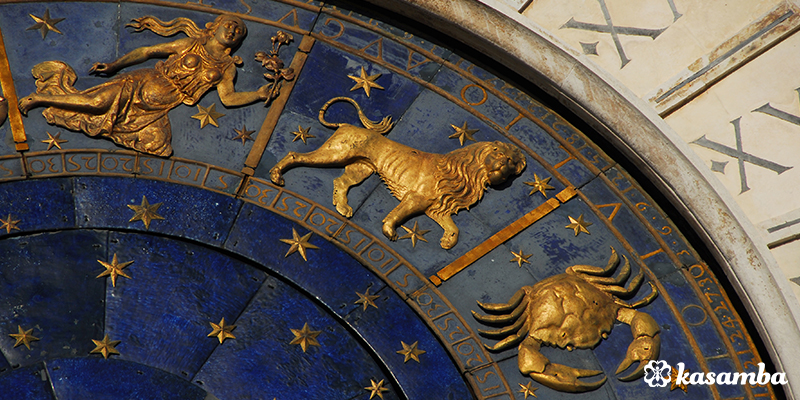
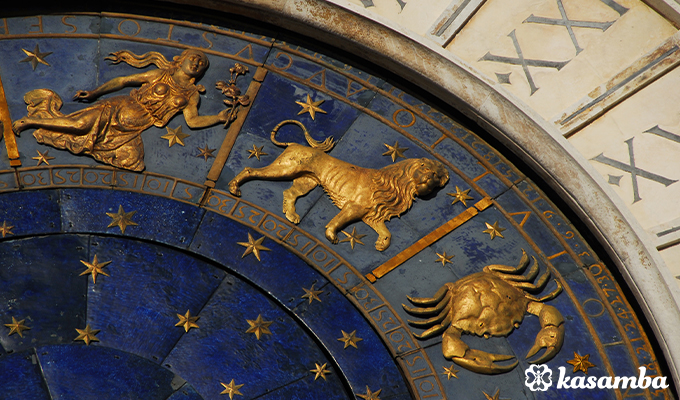
What is an Astrologer? What can they do?
Astrologers are practitioners of astrology who can predict the future based on the positions of the planets and stars. Astrologers can map the universe and create charts based on a specific time in history (such as a person's birthday). You have a unique birth chart that catches a snapshot of how the stars and planets were exactly positioned when you were born. An astrologer can use this chart as a divination tool to answer your major life questions about love, finances, career, and other important matters.
Astrologers also write horoscopes, which is guidance based upon what is going on with the stars from a daily, weekly, monthly, or even yearly perspective. General horoscopes that are in newspapers and magazines can provide overall guidance, but are not as reliable as one customized for you. A personalized horoscope provides much more detailed guidance that is based on the individual's birth time. If you are experiencing challenges in life, an astrologer can support you with information on what to expect or what is the best decision to make.
If you are curious in learning more about astrology, or how it can provide guidance to your life, the astrologers at Kasamba are there to support you in your journey. Kasamba hosts a variety of expert astrologers who can help you through this powerful tool of astrology. Using astrology can be a unique way to acquire fascinating insight from the universe!
 About Sonya Starr Angel
About Sonya Starr Angel
Sonya has over 20 years of experience using her gifts to provide psychic guidance and advice to her clients. She really cares about her clients and often forms deep relationships with them. A reading with Sonya will give you amazing insights and clarity.
Specializing in : Tarot Readings | Skills : Astrology / Psychic / Tarot | Rate:
 Connect with me »
Connect with me »
Specializing in : Tarot Readings | Skills : Astrology / Psychic / Tarot | Rate:

